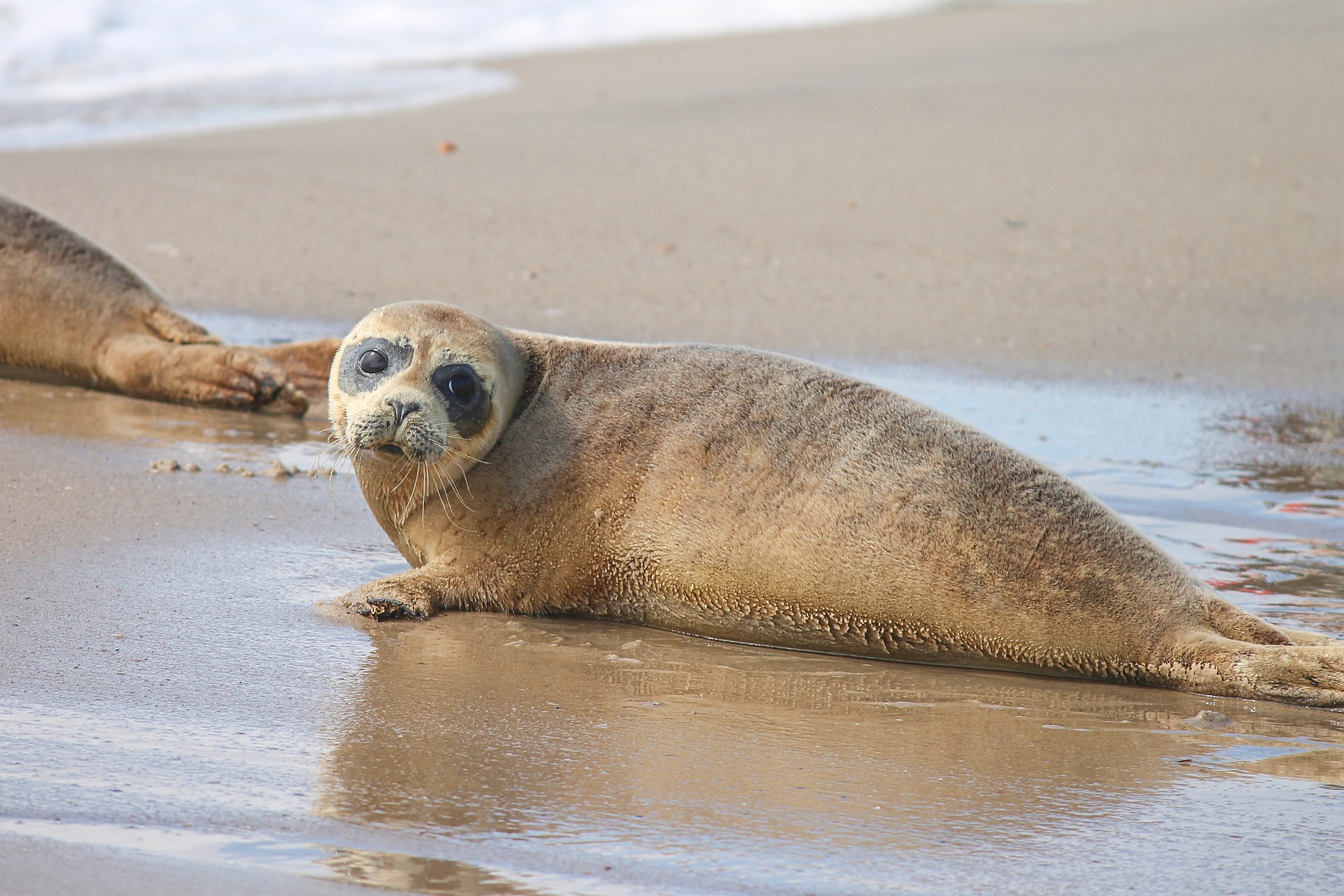
Otautahi – A new Department of Conservation report predicts that climate change could have a major impact on some of New Zealand’s marine mammals.
The research report looked at climate change in relation to marine mammals’ habitat, distribution, food sources and predators.
It looked at how specific climate change hazards, such as increasing sea temperatures, rising sea levels, changes in ocean circulation and effects on prey species, would impact marine mammals around New Zealand.
The report identifies changes in food supply as the biggest threat to marine mammals in New Zealand waters.
“It is likely to impact populations including kekeno/ fur seal in Westland and blue whales foraging at the South Taranaki Bight.
Māui dolphins also appear vulnerable, based on their location at the warm end of the species’ range and an apparent low availability of prey species.
Projected changes to the New Zealand environment include sea surface temperatures rising more than 3oC, changes in atmospheric climate and oceanographic circulation, rising sea levels, and widespread ocean acidification.
Species normally living in warmer subtropical waters like the dense-beaked whale, dwarf sperm whale, pan-tropical spotted dolphin, short-finned pilot whale and pygmy killer whale, will become more common around New Zealand, and potentially outcompeting some of the marine mammals currently seen.
The waters surrounding the North Island and off the west coast of the South Island may be particularly affected by oceanic warming, reducing the productivity of phytoplankton and associated food webs, whereas the subantarctic region is projected to become more productive.
DOC’s climate change adaptation action plan outlines measures that will be taken in the next three years to reduce the risks posed by the changing climate, as part of the government’s national adaptation plan.
Some marine mammal populations around New Zealand already appear badly affected by climatic changes in recent decades.
The distribution of the resident pygmy blue whales has been observed to be different during warmer years, thought to be due changes in location of krill aggregations in response to the warm sea temperatures and the effect on upwelling.
Seal pup production has declined at West Coast fur seal colonies (due to high pup mortality and lightweight pups) which is correlated with increased sea temperatures and could be reducing the availability of their fish prey.
There is exceptionally high mortality rate of NZ sea lion pups at Campbell Island/Motu Ihupuku in early 2020 was partially attributed to extreme cold and wet weather early in the breeding season.

